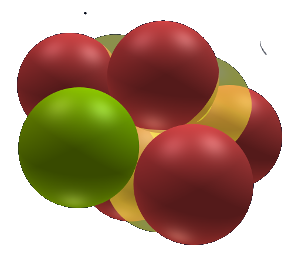Topics
This is a list of some of the research topics, question and directions the SAM has formulated. These topics need research in order to advance in the model and Science in general.
General questions:
- What is the causal principle of the decay that is observed for the free-neutron into an proton-electron pair?
- What is a neutrino?
- What is the causal principle for gravity?
- What is the causal principle that creates nuclear electrons (neutron-connection)?
- What is the mechanism of Fusion in detail?
- What is a Proton?
- What is an electron?
- How do the inner electron shift during reactions?
- What can we learn from the rules of construct for the elements?
Study questions:
- What can we learn from the neutron decay and the neutron creation in relation to red/blue shift?
- What is the function of stars in the bigger picture? (creation of the fist building blocks!)
- What is the creation mechanism of planets? (Fusion of heavier elements)
- What is the role and contribution of biological transmutations?
- What is the mechanism that causes nuclear fusion processes in Geology? (Veins / discharges)
- What can we learn from the nature and construct of the elements in relation to plasma?
- Are there more elements to be discovered?
SAM specific Questions:
- Why is Argon 40 stable, what makes it abundant in the atmosphere (noble gas problem) and does biology play a role?
- Are there unknown elements (metals) that are unstable?
- Are there unknown elements (noble gasses)?
- What is the reason that Fluorine has the need for one extra 'neutron'(p+e pair) to make it stable, or is there a stable version of F18? (the 5 ending seems to be preferred to finish one side of the underlying Carbon nuclet before capping the other side.)
- How does the spin number correlate to the specific nuclets and the element as a whole nucleus?
- Log in to post comments

Comments
I'm looking into creating…
rickardoberg Thu, 2018/03/15 - 01:46
I'm looking into creating simulator software for this model. It seems like all I need are the correct particle numbers and Coulomb's law, and the rest should be reasonably straight forward. What numbers are you using for radius, mass, and charge for proton and electron respectively?